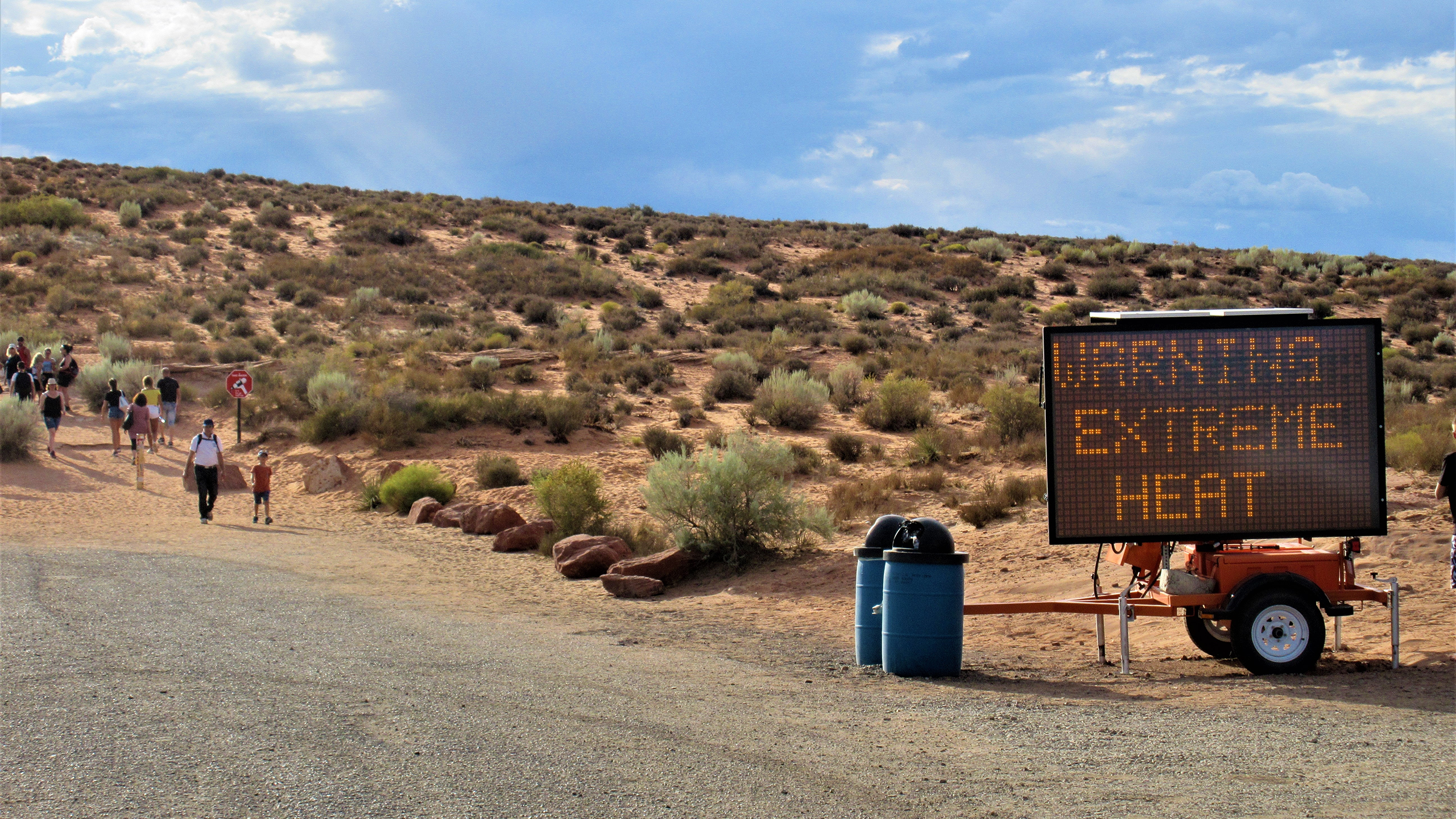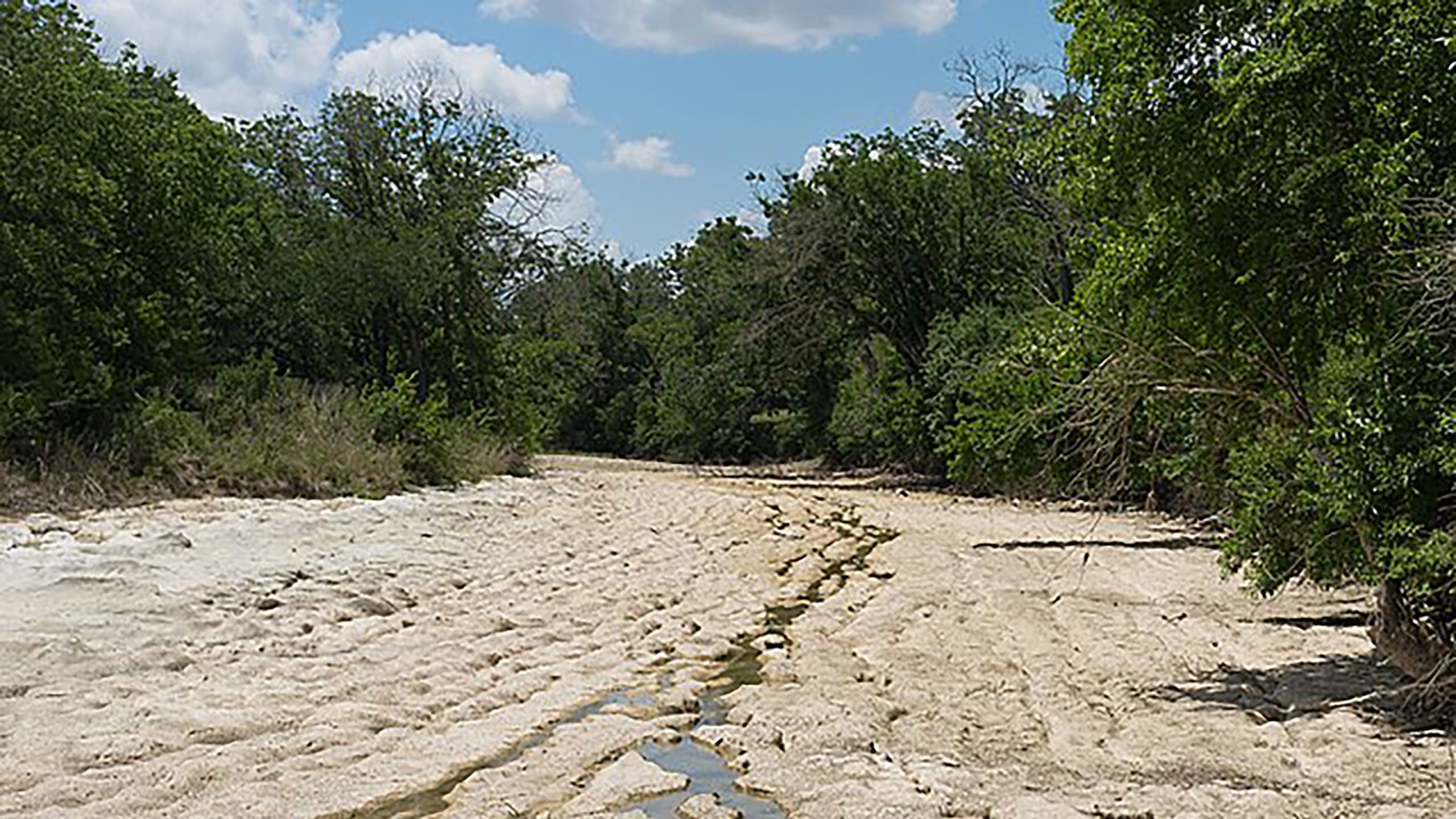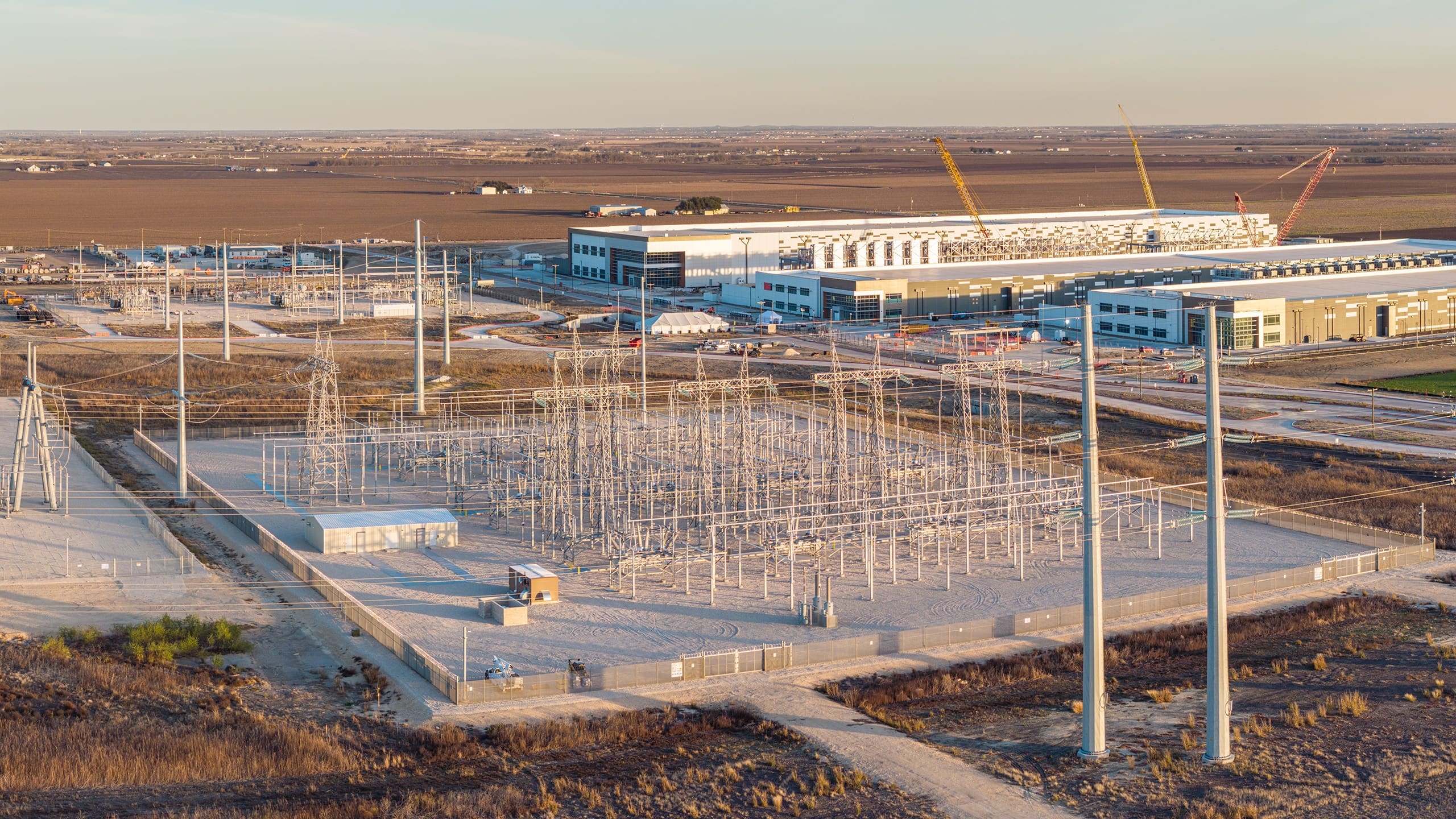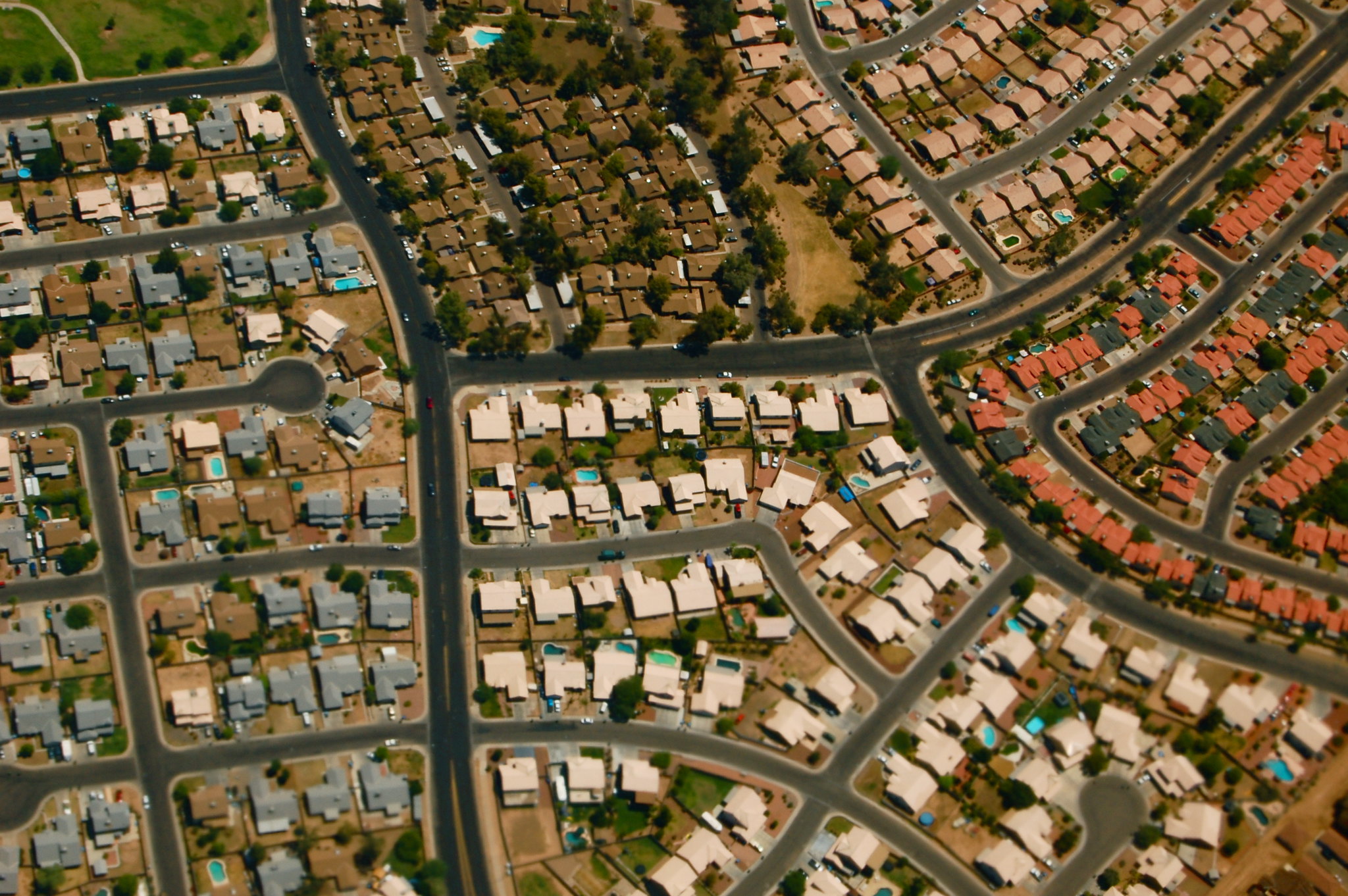Listen and subscribe to us on your favorite podcast platform:
We can’t stop people from moving to Phoenix or LA or Houston or Austin or Jacksonville… So we have to see extreme heat mitigation as a necessity economically, for government survival. If you want to exist, you’re going to have to figure out how to adapt so that people continue to want to live in these places.
Grace Wickerson, senior manager of climate and health, the Federation of American Scientists; co-author of “Framework for a Heat-Ready Nation”
The Ten Across Resilience Network convened in Jacksonville, Florida, in April to share strategies from their communities—the hottest in the nation—for mitigating the mortality and economic loss caused by extreme heat, and to identify common obstacles to both long-term planning and immediate response. Representatives from the Federation of American Scientists (FAS) joined the exercise to discuss and document the findings.
With co-author Dr. Melissa Guardaro, Senior Global Futures Scientist for ASU’s Global Futures Lab, FAS’s Grace Wickerson has drafted a set of policy recommendations for all levels of government and non-governmental actors, “Framework for a Heat-Ready Nation.” This document draws heavily upon the recommendations, challenges and successes raised by Ten Across participants and outlines a series of steps that can be taken to protect people and their livelihoods from rising temperatures nationwide.
In this episode, Grace walks us through the five high-priority measures defined in the report; how these points were determined and what it will take to see them carried out. A scientist recognized for their policy advocacy work by last month’s 2025 Grist 50 list, Grace discusses the importance of decisions based on sound science, and how to move forward even as most federal climate policy is rolled back.
Relevant Articles and Resources
Framework for a Heat-Ready Nation (Ten Across/Federation of American Scientists, July 2025)
2025 Heat Policy Agenda (Federation of American Scientists, January 2025)
“As summer ends, Maricopa County is on track to see fewer heat-related deaths than last year” (KJZZ, September 2025)
“Ten Across Joins 60+ Organizations in Supporting Federal Policy Agenda for Tackling Extreme Heat” (Ten Across blog, January 2025)
“Here’s why an Arizona medical examiner is working to track heat-related deaths” (NPR, June 2024)
Relevant Ten Across Conversations Podcasts
ASU Researchers Tackle Extreme Heat Relief as Phoenix Temps Soar
Urban Planners: The Unexpected Champions of the U.S. Heat Resilience Effort
What Some of the Hottest Cities on The 10 Are Doing to Address Deadly Heat
Credits
Host: Duke Reiter
Producer and editor: Taylor Griffith
Music by: Dew of Light and Lennon Hutton
Research and support provided by: Kate Carefoot, Rae Ulrich, and Sabine Butler
Guest Speaker

Grace Wickerson is senior manager of Climate and Health on the Climate and Environment team at the Federation of American Scientists. Grace leads programmatic work to showcase how a changing climate impacts health outcomes and public health and healthcare systems through emerging threats like extreme heat and wildfire smoke. Grace holds a master’s of science in Materials Science and Engineering from Northwestern University and was named to this year’s Grist 50 list of climate and justice advocates to watch.






